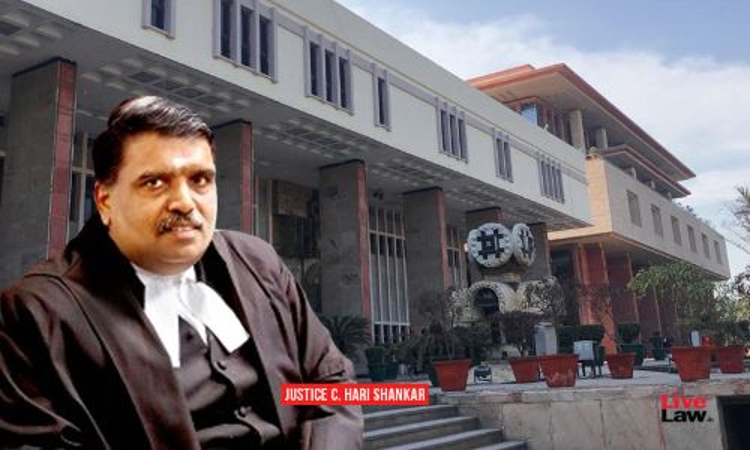Public Entry To Private Temple On Festivals Does Not Convert It Into Public Temple: Delhi High Court
Nupur Thapliyal
24 Sept 2022 12:00 PM IST

Next Story
24 Sept 2022 12:00 PM IST
The Delhi High Court has observed that occasional entry of public to a private temple on some festivals does not convert it into a public temple so as to empower a worshipper to maintain a suit with respect to the title rights of the temple. Justice C Hari Shankar added that the issue as to whether a temple is a private temple or a temple open to public can only be decided in a trial.The...
